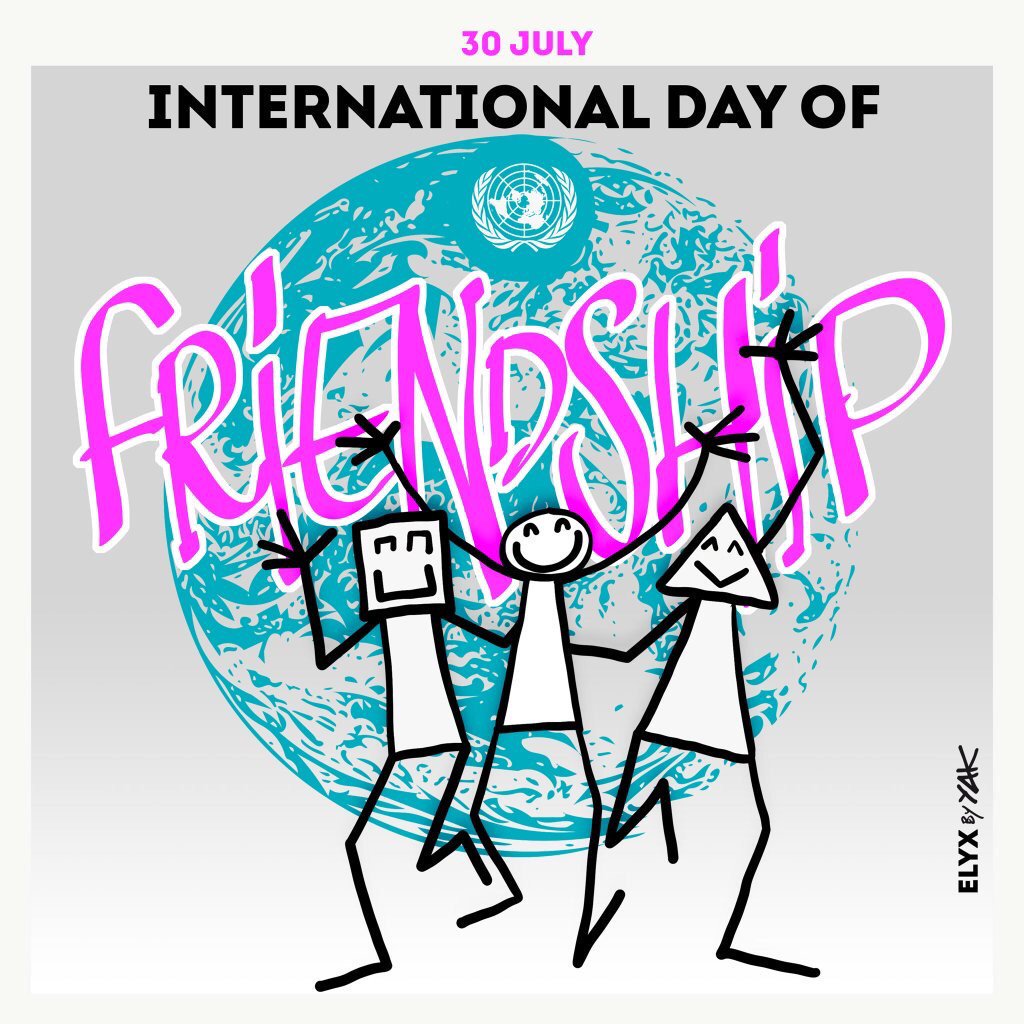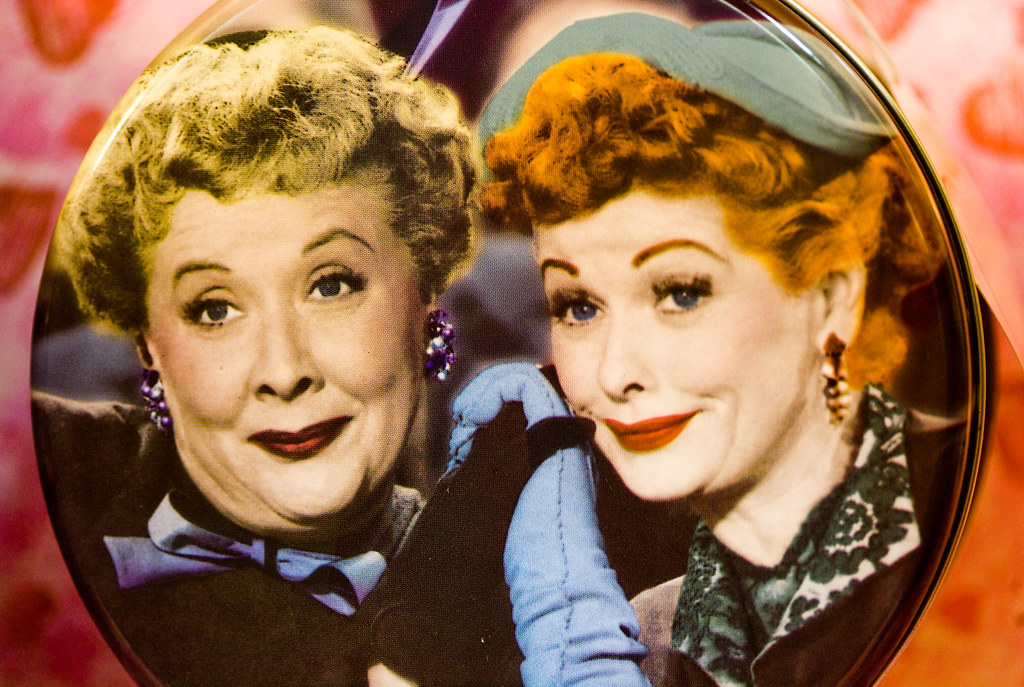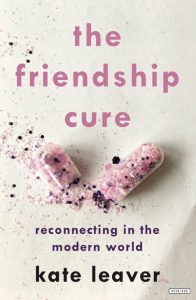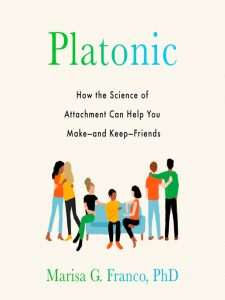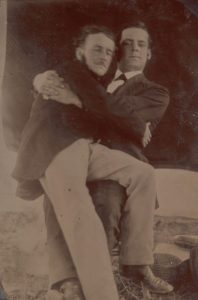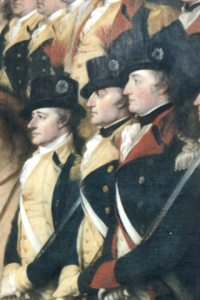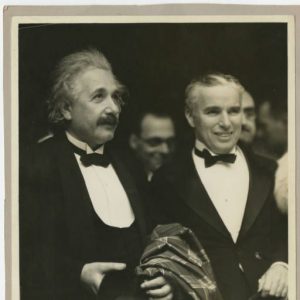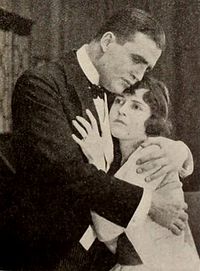Today’s blog post was written by Kathleen Corcoran
The term “just friends” makes me grit my teeth every time I hear it. It implies that romantic and sexual relationships are somehow worth more than platonic friends. Friendship is relegated to a consolation prize or afterthought.
An Irish Gaelic word, anamchara, captures the importance of intimate friends in our lives. It means both friend and soul mate. In the Martyrology of Oengus, Brigid of Kildare said, “Anyone without a soul friend is like a body without a head.”
The ancient Greeks agreed. Aristotle defined friends as “A single soul dwelling in two bodies.”
So if friends are the other parts of our souls, why does society (and the media) refer to intimate companions as “just friends”?
Humans are a Friendly Species
Since the days of wandering tribes of hunter/ gatherers, homo sapiens have needed to rely on the strength of the community for individual survival.
- The benefits start in childhood. People who spent more time with friends as a child are likely to have a lower body mass index and blood pressure as adults.
- Being around friends causes humans’ brains to release dopamine, norepinephrin, vassopresin, oxytocin, and serotonin, making people happier, calmer, less stressed, and more likely to survive and recover from difficult situations.
- Having intimate friends decreases your chances of developing dementia.
- When in proximity to friends or other loved ones, a person’s brain releases fewer stress hormones in response to threats.
- People with close friends have lower rates of cardiac disease, high blood pressure, diabetes, and excessive abdominal fat. If they have a heart attack, people who report not feeling lonely are much more likely to survive.
- Even the perception of having the emotional and practical support of friends improves the likelihood of a good outcome when a person goes through hard times.
- Having friends is even good for your career! According to a Harvard Business Review study, women with strong friendship circles, particularly when those friendship circles are primarily other women, advance more in their careers and earn 2.5 times higher pay.
“Just friends” keep us alive and healthy!
We Need Friends More Than Family or Romance
As Dr. Marisa Franco wrote in Platonic: How the Science of Attachment Can Help You Make-and Keep- Friends, intimate friendships provide people with unique benefits that other relationships cannot. Friends provide emotional support without getting bogged down in decisions about retirement and childcare. Platonic friends have all the intimacy of romantic relationships without the obligation to provide sexual gratification.
- Katherine Wu divides love into lust, attraction, and attachment. Intimate friends combine the attraction (dopamine, norepinephrin, and serotonin) of romantic relationships with the attachment (oxytocin and vasopressin) of family relationships without the libido involvement (estrogen and testosterone) of lustful relationships.
- A study by William J. Chopik found that people with strong relationships with friends and with family experience better health and happiness overall. However, at advanced ages, people with intimate friendships have better health even than those with strong family ties. This might be because friendships that last into old age have already withstood the test of time.
- Many women experience more intimacy with same-sex friends than they do with romantic partners.
- Close friends (and family and romantic partners) develop similar brain-wave patterns when they are together. However, when they part, friends keep those similar patterns longer than they do with familial or romantic intimates.
That’s a lot of brain chemistry and health benefits from people who are “just friends.”
Things Weren’t Always This Way
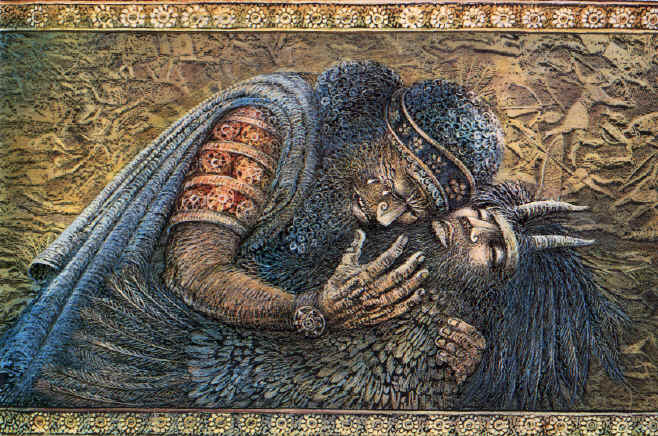
Until recently, most people married for reasons of politics, progeny, or property. According to Stephanie Coontz, author of Marriage, a History: How Love Conquered Marriage, the understanding of marriage as an emotional institution did not arise until the 19th century.
Before then, people much more commonly turned to friends for emotional intimacy and affection. Friends kissed and cuddled each other, slept together, and provided the kind of support that, today, society only condones in romantic relationships.
- When his friend Enkidu dies, Gilgamesh mourns him, saying, “My friend Enkidu, whom I loved so dear, who with me went through every danger, the doom of mortals overtook him.”
- In the Bible, King David said of his friend Jonathon, “Your love was wonderful to me, passing the love of women.”
- When he lived in Springfield, Illinois, Abraham Lincoln had a very close friend named Joshua Fry Speed, with whom he shared a bed and had pillow fights in his pyjamas.
With the rise of women’s suffrage came more female-only spaces, such as women’s colleges, where intimate friendships developed into new traditions and forms of expression.
When a Vassar girl takes a shine to another, she straightway enters upon a regular course of bouquet sendings, interspersed with tinted notes, mysterious packages of “Ridley’s Mixed Candies,” locks of hair perhaps, and many other tender tokens, until at last the object of her attentions is captured, the two women become inseparable, and the aggressor is considered by her circle of acquaintances as — smashed.
Yale student newspaper, 1873
The Lord of Montaigne, a Renaissance-era French philosopher even claimed that friendship was so intense and intimate that women could not understand it.
Seeing (to speake truly) that the ordinary sufficiency of women cannot answer this conference and communication, the nurse of this sacred bond: nor seem their minds strong enough to endure the pulling of a knot so hard, so fast, and durable.
Michel Eyquem, Sieur de Montaigne
Letters to friends frequently included language that modern writers would reserve for romantic or sexual partners.
- In 1779, Alexander Hamilton wrote to his friend John Laurens, “Cold in my professions, warm in [my] friendships, I wish, my Dear Laurens, it m[ight] be in my power, by action rather than words, [to] convince you that I love you.”
- Ralph Waldo Emerson said of his friends, “What is so delicious as a just and firm encounter of two, in a thought, in a feeling?”
So how did people move from intimate companions, romantic friendship, and soul mates to … “just friends”?
Blame Technology
Well, sort of. For most of our history as a species, humans have lived in small communities with strong social networks. During the Industrial Revolution, people moved to cities in droves, where those strong social networks were more difficult to maintain. Instead, people turned for intimacy (as well as child-rearing and basic survival) to romantic partners and connections within the nuclear family.
Until the 1800s, the word “loneliness” did not exist. The closest word in English, “oneliness,” simply meant being without other people, without any negative connotations. A growing consumer economy, research in psychiatry, and a spreading understanding of evolutionary biology emphasized the importance of the individual alone rather than as a member of the community.
The closed doors and relative anonymity of living in a crowd also changed people’s understanding of sexual orientation and intimacy. Victorian ideals of male and female behavior as being opposite and complementary meant that people restricted their opposite-sex friendships for fear of signalling romantic attraction.
At the same time, people restricted their friendships with those of the same sex due to new fears of perceived homosexuality. As Dr. Marisa Franco wrote in Platonic: How the Science of Attachment Can Help You Make-and Keep- Friends, “Our discomfort with affection in friendships coincides with the rise of homophobia as it is expressed today.”
Psychiatrists like Sigmund Freud and Richard von Kraft-Ebbing characterized romance among people of the same gender as a sexual disorder, creating the concept of sexual identity. As historian Lilian Faderman writes in Odd Girls and Twilight Lovers, the turn of the 20th century “was also the beginning of a lengthy period of general closing off of most affectional possibilities between women. The precious intimacies that adult females had been allowed to enjoy with each other earlier — sleeping in the same bed, holding hands, exchanging vows of eternal love, writing letters in the language of romance — became increasingly self-conscious and then rare.”
Homohysteria, the fear of being perceived as being homosexual, drastically curtailed people’s demonstrations of affection and intimacy among their friends. Before the 19th century, society stigmatized people for non-cormforming sexual acts but not for attraction or for non-sexual behaviors. Freud and Kraft-Ebbing, among others, created the modern definitions of sexual identity, which included homophobia.
Today, people are lonelier than ever. People shy away from expressions of intimacy and love with friends lest they be perceived as declarations of romantic or sexual attraction.
Social media technology, despite filling our screens with the activities of friends, can actually make us lonelier. When people use social media platforms to facilitate face-to-face interactions, they report less loneliness and stronger relationships. However, when they replace face-to-face interactions with activity on social media platforms, they report weaker relationships and stronger feelings of isolation. Research tells us that there is no replacement for communicating with or spending time with intimate friends.
Today, on St. Valentine’s Day, I’d like to celebrate all the friendly people reading this. Friends make us happier and less stressed. Friends help us in our careers. Friends keep us healthy and sometimes even keep us alive. Friends make our lives better in innumerable ways. Friends are so much more than “just friends.”
